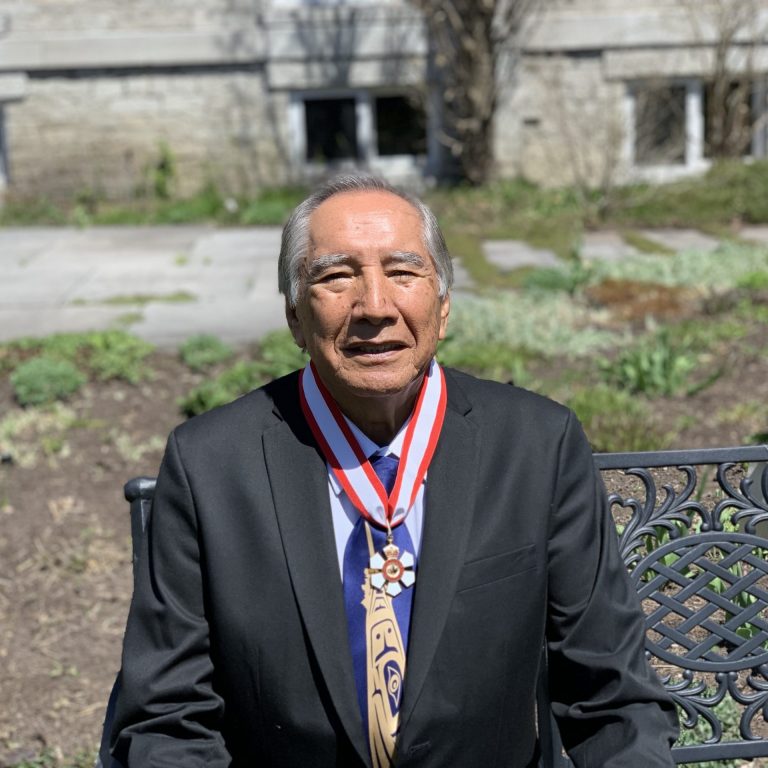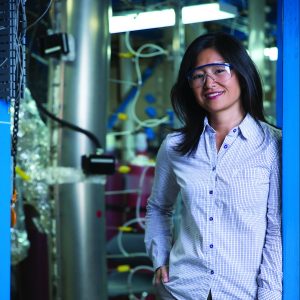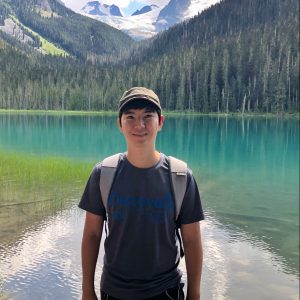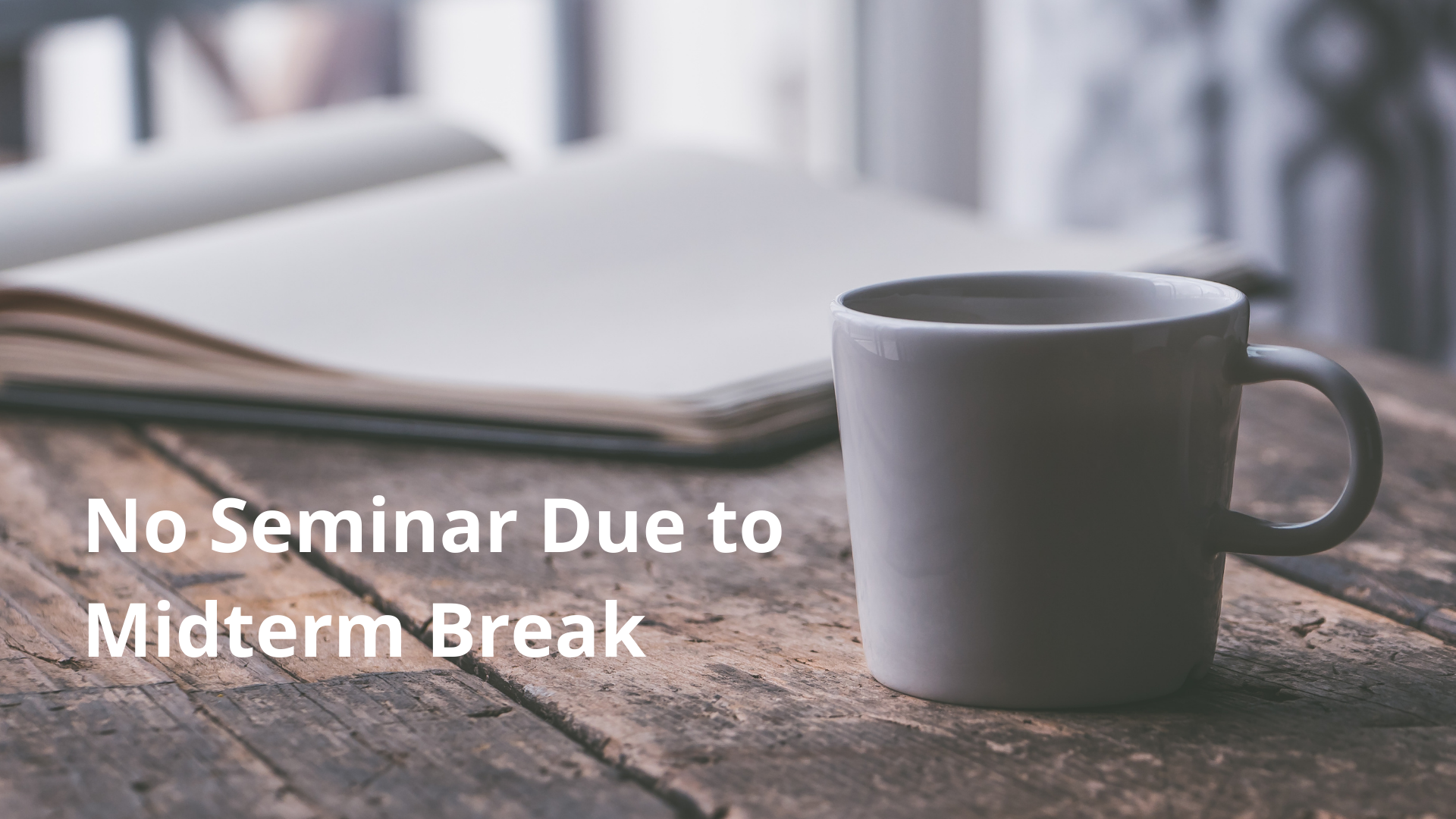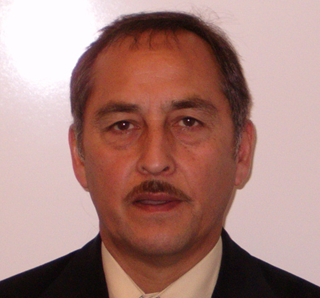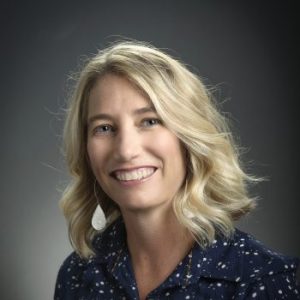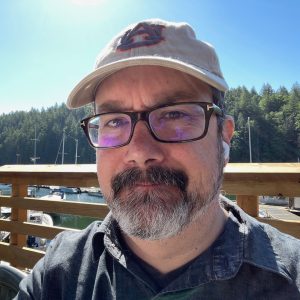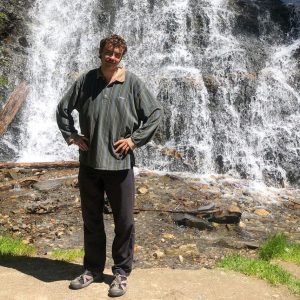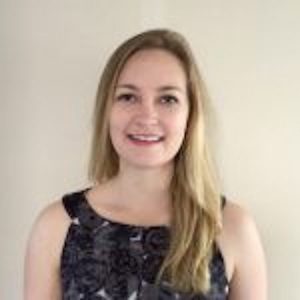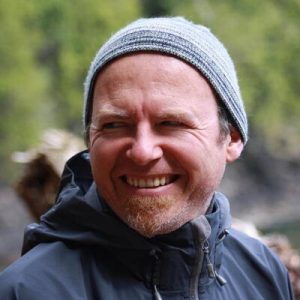IRES Seminar Series
Time: 12:30pm to 1:30pm
Via Zoom only.
Please email communications@ires.ubc.ca for video.
*********************************************************************************
Metaphysica: Intersecting Western and Native Ideas
Abstract:
You wake up every morning to what you think is ‘reality’……. ‘this is the way it is’. Never thinking about the underlying foundational basis for what you think is real. There may be an objective reality ‘out there’. But paraphrasing Stephen Weinberg, a quantum physicist, an objective reality exists out there but, as soon as you put a human being in the picture, the human being puts a human interpretation on it. So it is no longer an objective reality. Why does this happen? All societies at one time or another claim a territory. Over time, through mutual relationship with the totality of the territory, a culture arises. As part of the culture, interpretive criteria we call metaphysics/paradigms are developed. These become the society’s interpretive tools. One society’s interpretive tools are going to be different from another society’s interpretive tools because of different environmental and geographical settings. The presentation will speak to some of the differences and ramifications of different societal interpretive tools.
Leroy Little Bear
Blackfoot researcher, professor emeritus at the University of Lethbridge, founding member of Canada’s first Native American Studies Department, Director of the Harvard University Native American Program and the recipient of the National Aboriginal Achievement Award for Education
Bio:
Leroy Little Bear is a member of the Small Robes Band of the Blood Indian Tribe of the Blackfoot Confederacy. He was born and raised on the Blood Indian Reserve; graduated from St. Mary’s School on the Blood Indian Reserve; graduated from the University of Lethbridge (Lethbridge, Alberta) with a B.A. Degree in 1971; graduated from the College of Law, University of Utah (Salt Lake City, Utah) with a Juris Doctor Degree in 1975.
From 1975 to 1996, Mr. Little Bear was a professor in the Native American Studies Department at the University of Lethbridge. In January 1997, Mr. Little Bear retired from the University of Lethbridge. From January 1998 to June 1999, Mr. Little Bear was the Director of the Harvard University Native American Program.
Mr. Little Bear has served in a legal and consultant capacity to many Indian Tribes and organizations including the Blood Tribe, Indian Association of Alberta, and the Assembly of First Nations of Canada. He has served on many different committees, commissions, and boards including the Task Force on the Criminal Justice and Its Impact on the Indian and Metis Peoples of Alberta from 1990 to 1991.
Mr. Little Bear has authored many articles including “A concept of Native Title” which has been cited in a Canadian Supreme Court decision. He has co-authored books including Pathways to Self-Determination, Quest For Justice, and Governments in Conflict with Dr. Menno Boldt and Dr. Anthony Long.
In 2003, Mr. Little Bear was the recipient of the Canadian National Aboriginal Achievement Award in Education. In June 2004, Mr. Little Bear was the recipient of an honorary doctorate degree in Arts and Science from the University of Lethbridge and from the University of Northern British Columbia in 2016. Mr. Little Bear received the Alberta Order of Excellence in 2016, and most recently was made an Officer of the Order of Canada in 2018.
Mr. Little Bear, with his wife Amethyst First Rider, were major movers of the historic Buffalo Treaty signed by First Nations on both sides of the USA- Canada border. Both dedicate a large amount of their time to buffalo restoration.
